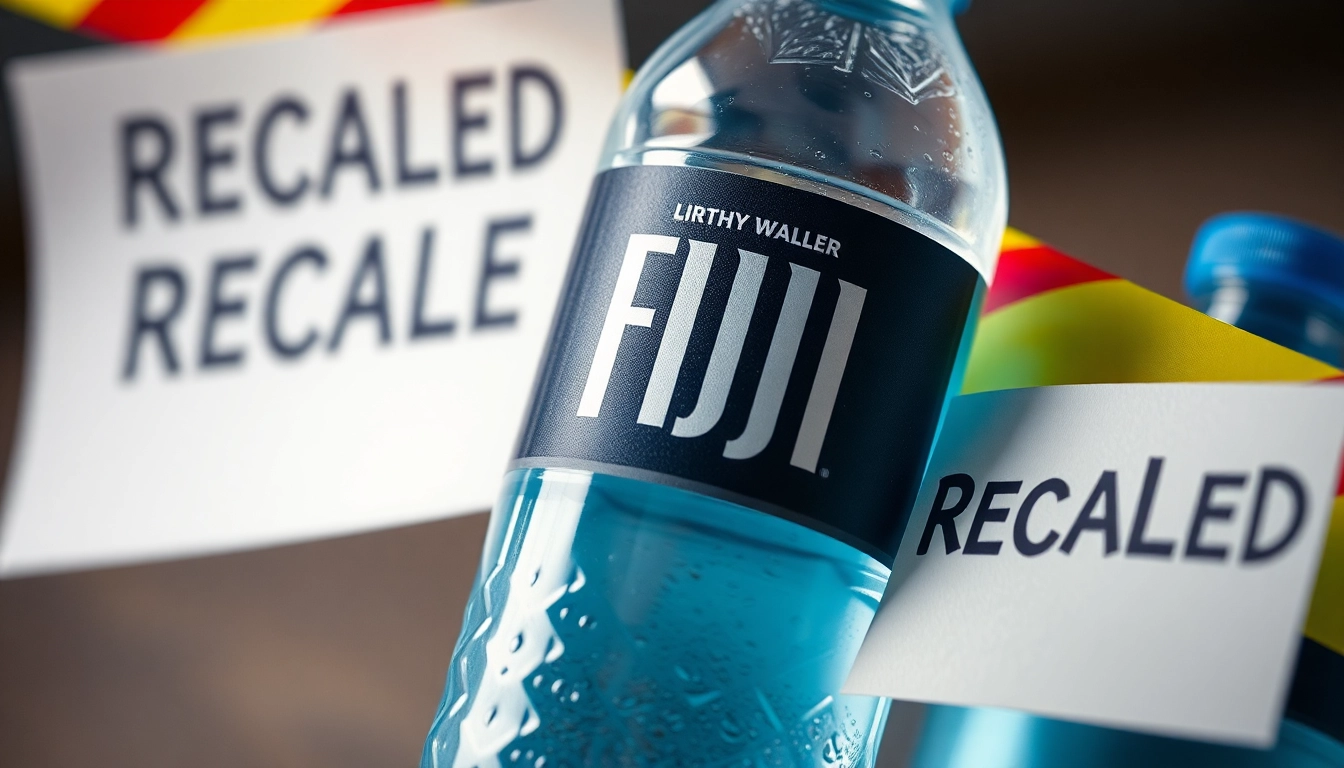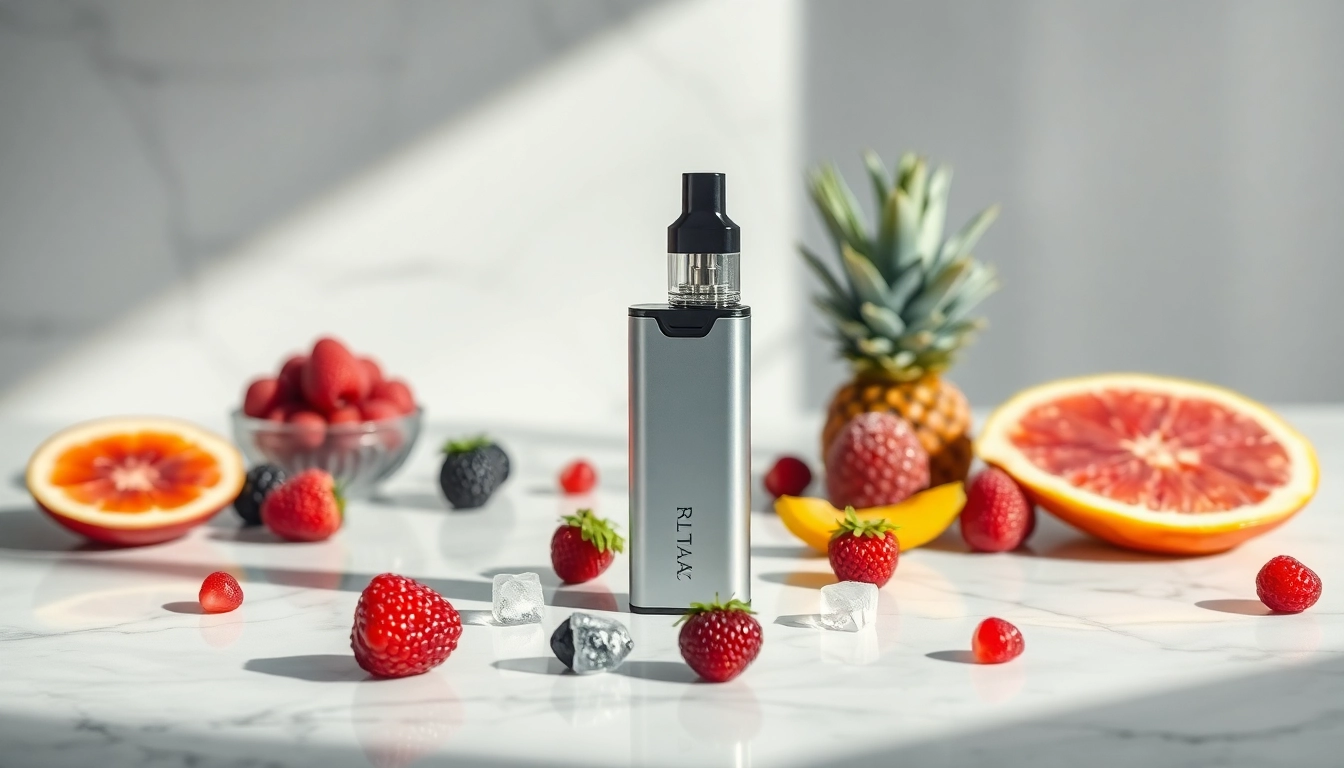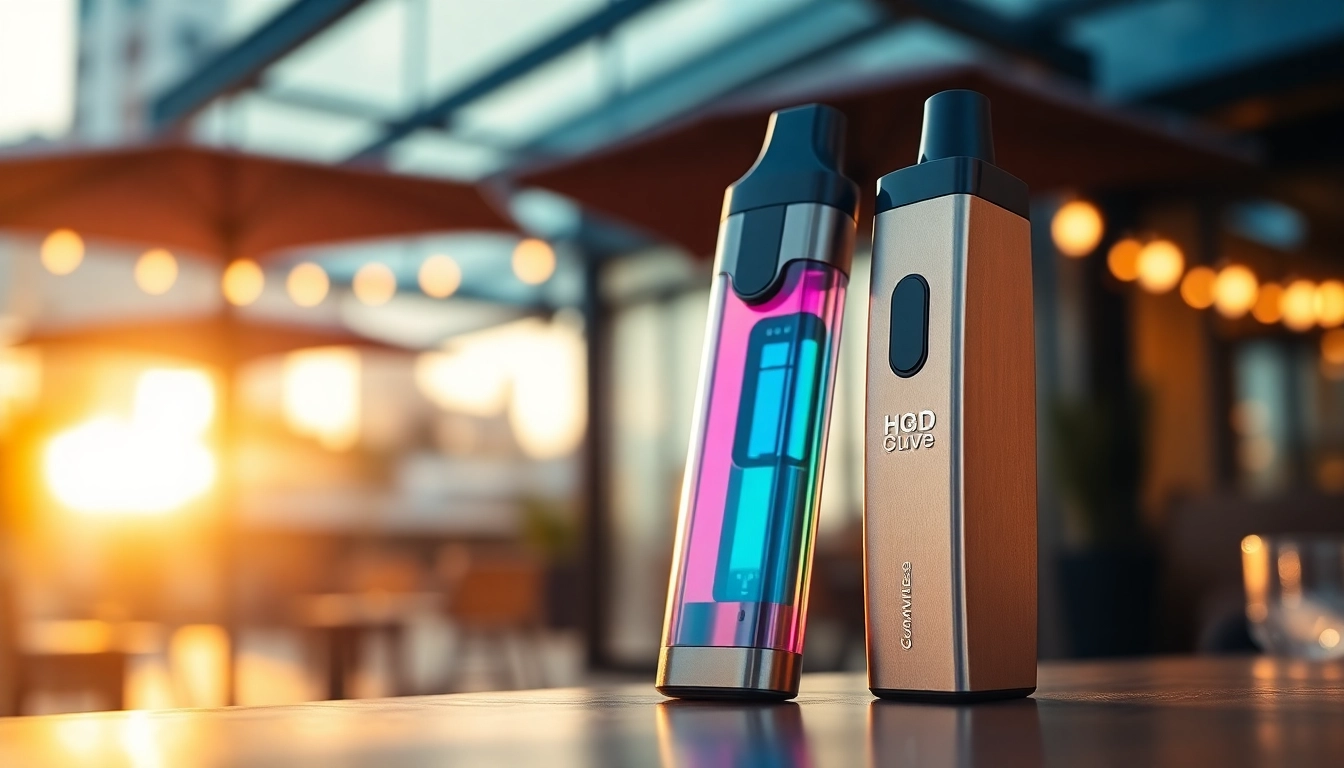
Overview of the Fiji Water Recall
In an unexpected turn of events, Fiji Water, renowned for its natural artesian spring water, has faced serious scrutiny following a significant recall announcement. On May 23, 2024, the U.S. Food and Drug Administration (FDA) revealed that approximately fiji water bottles recalled totaled 78,533 cases, which equates to about 1.9 million individual bottles. This recall was prompted due to potential contamination issues, specifically linked to elevated levels of manganese and the presence of certain bacteria.
What Triggered the Recall?
The FDA’s decision to issue this recall stemmed from findings during routine inspections that highlighted significant concerns over water quality. Manganese, a mineral that can be harmful in excessive amounts, was detected at levels that could pose health risks to consumers. Furthermore, the potential presence of pathogenic bacteria raised alarms regarding the safety of this popular bottled water brand, which is sold extensively across online platforms, particularly Amazon.
How Many Bottles Were Affected?
The recall affects a staggering 78,533 cases of Fiji Natural Artesian Water. Each case typically contains 24 bottles, leading to a total of around 1.9 million bottles taken off the shelves to safeguard consumer health. This large-scale recall underlines the urgent need for quality control in bottled water production, particularly for products that market themselves as premium.
Key Dates and Important Announcements
Following the initial recall announcement, further updates from the FDA and Fiji Water clarified the timeline and scope of the recall. The FDA first identified the contamination risk during a routine check in late March 2024. The official public notice was disseminated on May 23, 2024, allowing consumers to become aware and take necessary action. Manufacturers have been working closely with federal agencies to monitor the situation and ensure consumer safety.
Health Risks Associated with Fiji Water Bottles Recalled
The potential health risks linked to the consumption of the contaminated Fiji Water bottles cannot be understated. Understanding these risks is crucial for consumer safety.
Manganese and Its Effects on Health
Manganese, while an essential nutrient for bodily functions, can become toxic when ingested in high concentrations. Symptoms of excessive manganese consumption can include neurological issues, respiratory problems, and digestive disturbances. Long-term exposure, particularly in vulnerable populations such as children or individuals with pre-existing health conditions, may lead to more severe complications, emphasizing the importance of addressing this contamination promptly.
Pathogens Detected: What You Should Know
In addition to manganese, the detected pathogens posed another set of serious health risks. The specific bacteria found in the bottled water were identified to belong to three genera known for their potentially harmful effects if ingested. Pathogenic bacteria can cause gastrointestinal illness and a range of symptoms, including diarrhea, abdominal cramps, and fever. For consumers, awareness of these risks enables informed decisions regarding their health and safety.
Potential Symptoms of Contaminated Water
Consumption of contaminated water can lead to a variety of symptoms that vary in severity based on the specific contaminants present. Common symptoms to watch for include:
- Nausea and vomiting
- Diarrhea
- Fever
- Abdominal pain
- Fatigue
Any individual experiencing these symptoms after consuming Fiji Water should seek medical attention and report their experience to health authorities to help monitor and resolve these issues.
What Consumers Should Do
For consumers who may have purchased the affected Fiji Water bottles, it’s vital to know the appropriate steps to take in light of the recall.
Steps to Take if You Have Recalled Bottles
If you find that you possess bottles that fall under the recall guidelines, follow these steps:
- Stop consuming the water immediately.
- Check for the product codes on the bottles to verify whether they are part of the recall.
- Dispose of the affected bottles responsibly.
- Contact the retailer or Fiji Water customer service for further instructions, which may involve returning the products for a refund or exchange.
How to Identify Affected Bottles
To confirm whether your Fiji Water bottles are part of the recall, you should check the case codes printed on both the outer packaging and each individual bottle. The specific batches affected were highlighted in the FDA’s recall notice, and consumers can find this information on the FDA’s official website or through Fiji Water’s customer service channels.
Where to Report Concerns
If you suspect that you have purchased contaminated Fiji Water, reporting your concerns is vital for public health safety. Consumers can report incidents directly to the FDA or through consumer safety platforms. Sharing information about symptoms and product codes can help authorities trace and manage the recall more effectively.
Fiji Water’s Response and Next Steps
The handling of the recall by Fiji Water has been crucial in restoring consumer trust and addressing the health concerns raised by the contamination.
Official Statements from Fiji Water
In response to the recall, Fiji Water representatives released statements emphasizing their commitment to quality and customer safety. They acknowledged the issues highlighted by the FDA and expressed their intention to cooperate fully with investigation efforts. Transparency became a key focus for the brand as they dealt with the fallout and communicated with consumers regarding safety measures.
Future Safety Measures Being Implemented
Fiji Water has committed to implementing new safety protocols and enhanced quality control measures to prevent similar incidents from occurring in the future. These measures include:
- More rigorous testing of water batches before they are bottled
- Increased training for staff on contamination prevention
- Regular audits of water sourcing and bottling processes
These proactive steps aim to reassure consumers of Fiji Water’s dedication to providing safe products and to minimize the risk of future recalls.
Timeline for Resolving the Recall
The timeline for effectively resolving the recall situation has been closely monitored by both Fiji Water and regulatory agencies. Initial steps include consumer notifications and the removal of affected products from shelves. As testing and assessments continue, updates will be provided to the public regarding the safety status of Fiji Water products moving forward.
Legal and Regulatory Implications
Every recall scenario comes with its share of legal and regulatory aspects. Understanding these implications is crucial for both consumers and the involved company.
Understanding FDA Class III Recalls
The FDA categorizes recalls into three classes based on the level of risk involved. Class III recalls are designated for products that do not pose a significant health risk but may still violate safety regulations. In the case of Fiji Water, while the contamination raises serious concerns, it falls within the Class III category, indicating that immediate health risks were deemed low yet still warrant attention.
Potential Legal Actions Against Brands
Fiji Water, like any other company involved in a recall, is susceptible to legal actions from affected consumers. Potential lawsuits may arise from claims of health issues tied to consuming contaminated products. Companies must prepare legal defenses while actively communicating with affected consumers to mitigate backlash and foster goodwill.
Consumer Rights and Protections
Consumers have rights when it comes to recalled products. They are entitled to refunds or replacements for any products affected by the recall, as well as the right to report health concerns. Consumer protection laws are in place to ensure that companies take responsibility for their products and prioritize public health and safety. It is essential for consumers to be aware of these rights and to take action if they feel they have been wronged.







